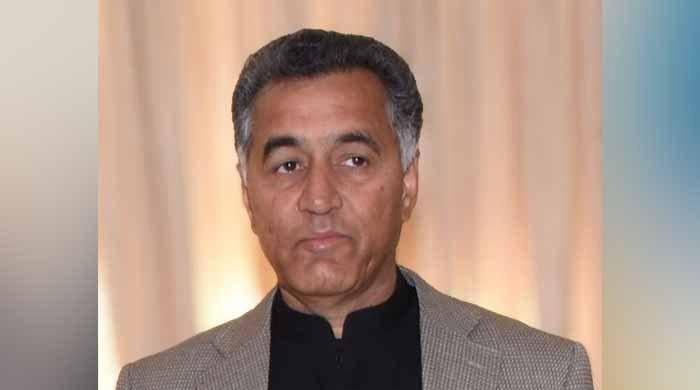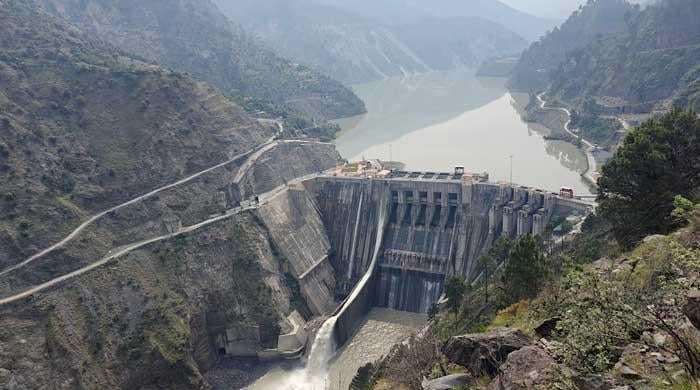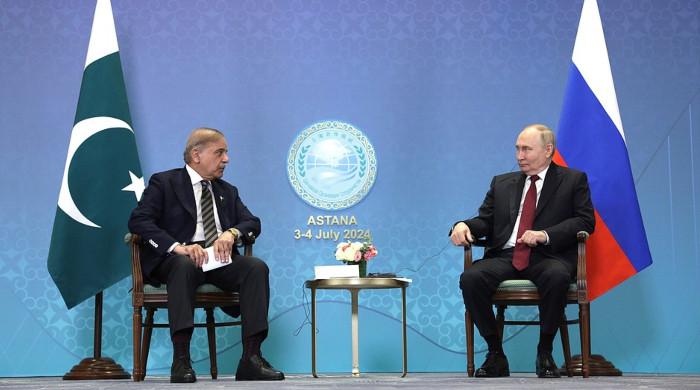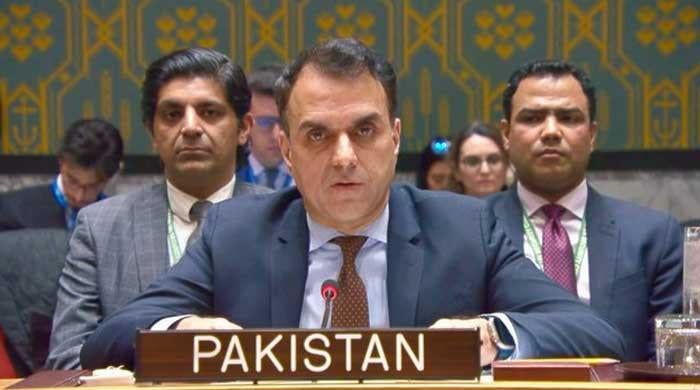Should Punjab's winter break schedule be changed?
It is obvious the govt is not taking weather data into account when planning these holidays
January 22, 2024
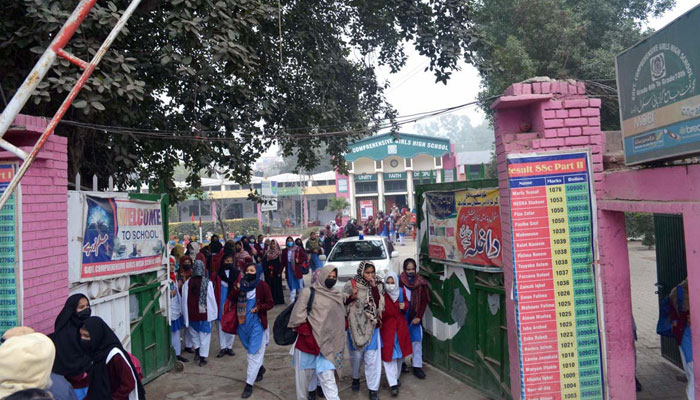
After the weather grew cold in Punjab this year, the provincial government extended winter holidays across the province, just like it did in the previous and preceding years.
According to The News, the same decision was taken this time around as well and it did not seem like anyone paid attention to the climate-related situation unfolding in the region.
The government, it appears, has not taken weather data into account when planning these holidays and announced the winter break soon before the weather turned cold.
The provincial set-up in Punjab did not learn from past lessons, as they didn't use the weather information to plan better. The winter break schedule keeps going as usual, without really thinking about what the weather is up to.
This is a clear example of mismanagement and a lack of coordination among various government departments, including the meteorological office. It has been observed over these years that the winter break often begins in Punjab when the weather is still pretty mild, and the colder temperatures only show up later.
It is important to note that the yearly winter break for schools in Punjab started on December 18, 2023. Initially scheduled to end on January 1, 2024, it was extended until January 09, 2024, due to severe and chilly weather conditions. With no respite in sight even after that subsequently, there was a modification in school timings, with classes now beginning at 9:30 am. However, numerous districts in Punjab are still experiencing severe cold weather.
This has sparked concerns among parents, students, and educators who believe that a more coordinated approach involving weather data could result in a more effective scheduling of the winter holidays. The stakeholders argue that it would make more sense to figure out when it's genuinely cold and then plan the holiday around that.
One key aspect that many are calling for is better coordination between government departments, particularly the Meteorological Office and the Education Departments.
By incorporating real-time weather data into the decision-making process, the government could ensure that the winter break aligns more closely with the actual cold weather, providing a more comfortable and seasonally appropriate break for students.
The current situation has prompted calls for a review of the process that determines the timing of the winter vacation. Advocates for change argue that a collaborative effort between relevant departments could lead to a more informed decision-making process, preventing the disconnect between the announced break and the arrival of colder temperatures.
The importance of taking weather patterns into consideration when planning academic breaks cannot be overstated. By fostering better communication and coordination among government entities, there is a potential to enhance the overall experience for students and ensure that the annual winter vacation aligns more closely with the season it intends to capture.
Extending the winter break poses a serious issue, leading to increased days off for students and consequently reducing the available days for education. Alarmingly, there is a lack of acknowledgement regarding the profound impact on academics. Urgent attention from those in authority is imperative at this point, and decisive measures must be taken to avert significant educational losses.





